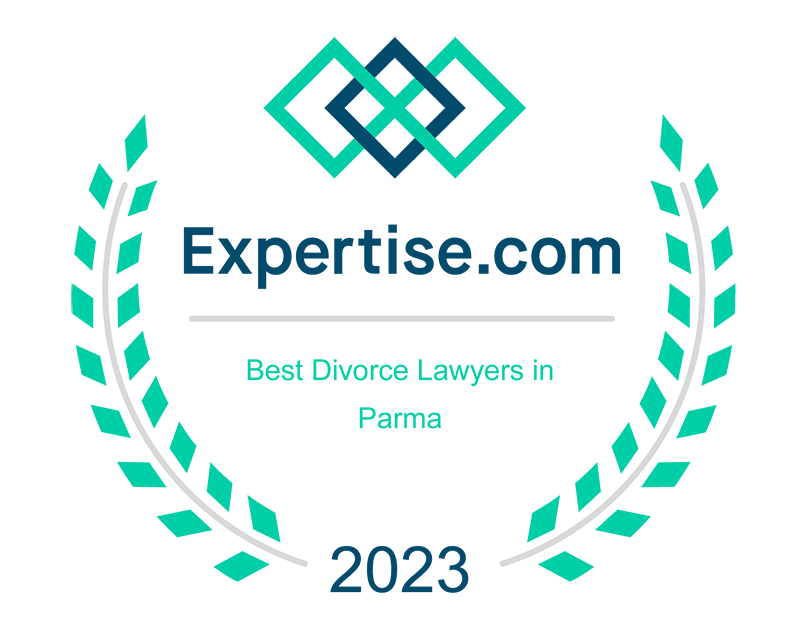There are many factors involved in creating a solid estate plan. The process can become quite complex depending on how much property you own or how many assets you have. Complications can also arise because of family. If your loved ones dispute the provisions in your will or decisions made by personal representatives, they may take the matter to court.
The myths and misinformation surrounding the estate planning process are yet another complication you must account for. Kiplinger clarifies a few of the most common myths, so you can make the right decisions for your estate and your family.
Myth#1: Estates must be equitably distributed
This is especially hard when you have children. However, you must consider what is best for your estate, as well as what is best for your heirs when making decisions. When it comes to family businesses, you do not automatically have to break it down into shares to be given to your kids. If one child expresses interest and ability to take over the business after you are gone, that is the best course of action. That way your business continues to thrive after you are gone and your heirs have access to a continuous revenue stream.
Myth #2: Minimizing taxes is top priority
While it is true that people with considerable amounts of wealth should be fully aware of the tax implications of estate planning, the average person has less to worry about when it comes to estate tax. The current exemption for federal estate tax is $11.5 million, which is an exorbitant figure even for those who are well-off. While there are sometimes estate taxes levied on the state level, Ohio has no such tax.
Myth 3: Trusts are a solution for every estate issue
While trusts are definitely beneficial, they are also very complicated. There are revocable trusts, which can be changed, and irrevocable trusts, which cannot be changed. Once assets are placed into an irrevocable trust, they become property of the trustee. While that is useful from a tax perspective, since you cannot be taxed on what you do not own, it also means you no longer have control over assets in your trust. Additionally, conflicts can also arise when you choose one child to be trustee, while the others are beneficiaries.













